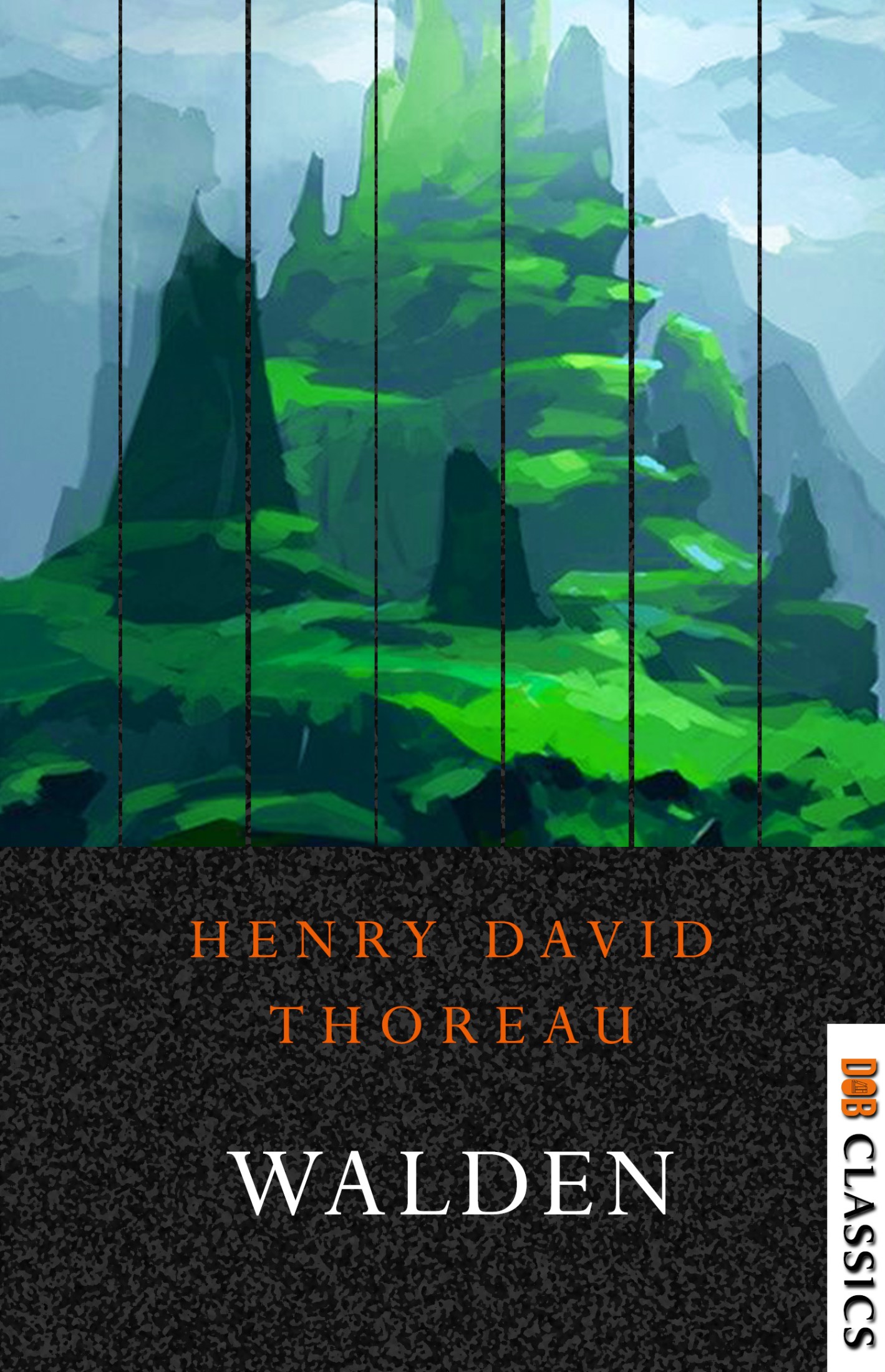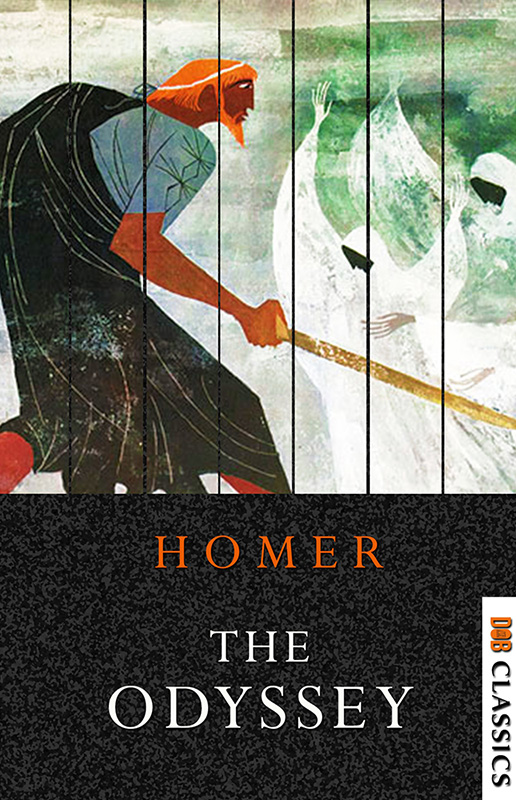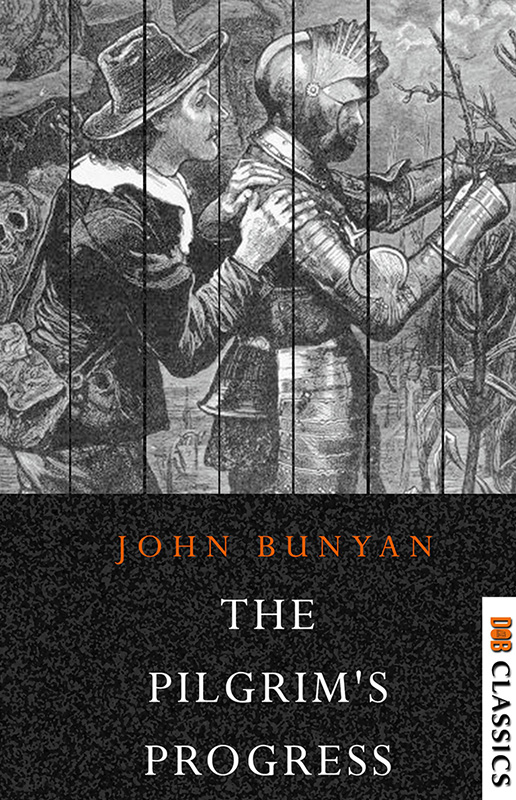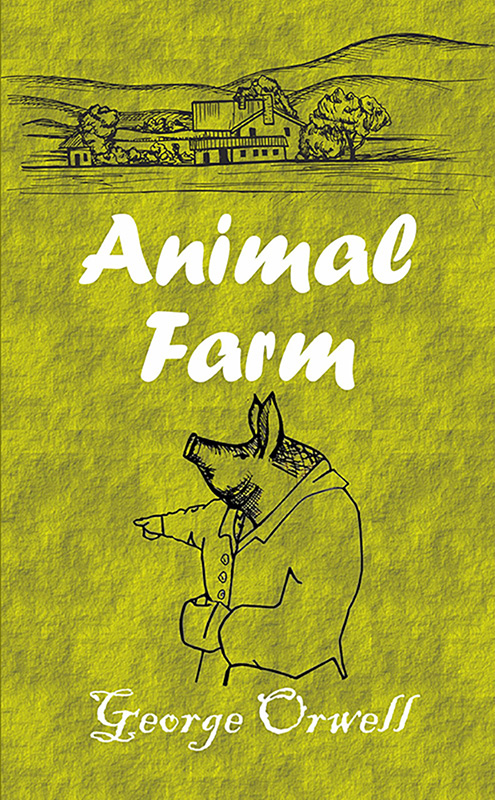Economy: In this first and longest chapter, Thoreau outlines his project: a two-year, two-month, and two-day stay at a cozy, "tightly shingled and plastered", English-style 10' × 15' cottage in the woods near Walden Pond. He does this, he says, to illustrate the spiritual benefits of a simplified lifestyle. He easily supplies the four necessities of life (food, shelter, clothing, and fuel) with the help of family and friends, particularly his mother, his best friend, and Mr. and Mrs. Ralph Waldo Emerson. The latter provided Thoreau with a work exchange: he could build a small house and plant a garden if he cleared some land on the woodlot and did other chores while there. Thoreau meticulously records his expenditures and earnings, demonstrating his understanding of "economy", as he builds his house and buys and grows food.
Where I Lived, and What I Lived For: Thoreau recollects thoughts of places he stayed at before selecting Walden Pond, and quotes Roman Philosopher Cato's advice "consider buying a farm very carefully before signing the papers."His possibilities included a nearby Hollowell farm (where the "wife" unexpectedly decided she wanted to keep the farm). Thoreau takes to the woods dreaming of an existence free of obligations and full of leisure. He announces that he resides far from social relationships that mail represents (post office) and the majority of the chapter focuses on his thoughts while constructing and living in his new home at Walden.
Reading: Thoreau discusses the benefits of classical literature, preferably in the original Greek or Latin, and bemoans the lack of sophistication in Concord evident in the popularity of unsophisticated literature. He also loved to read books by world travelers. He yearns for a time when each New England village supports "wise men" to educate and thereby ennoble the population.






